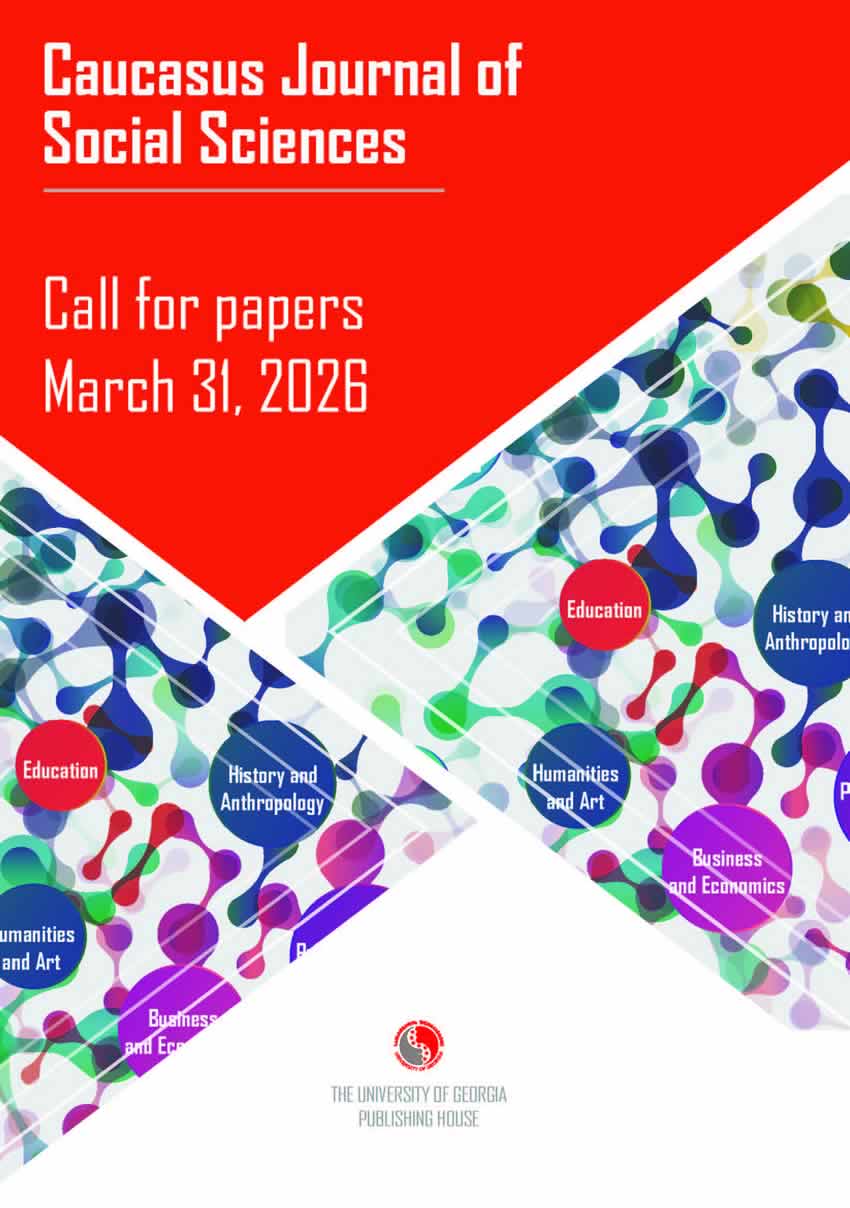Human Health and Religious Systems
(According to Ethnographic Data from Kartli)
DOI:
https://doi.org/10.62343/cjss.2015.147Keywords:
Folk Religious Systems, Georgian Traditions, Socialization, Health Practices, Community IntegrationAbstract
Religion has always played a significant role in human life. The calendar year of official Christian and folk religion used to contribute to a population’s healthy modes of living. Nutrition rationing, both yearly and weekly, a fast system, twice in a week and several times in a year involving eating only vegetable products, benefited the human organism. Religious calendars regulated the issues of labor and rest too. Local religious systems used to regulate entertainment, as well as physical training for children and youth. Religious holidays were one of the best means for spiritual improvement as well as physical training and education. Religion played a specific role in the folk system of social protection. It contributed a feeling of solidarity amoung the population. Folk religious systems regulated modes of human life. They filled a man with hope and conviction in the success of his activity.
Downloads
Published
How to Cite
Issue
Section
License
Copyright (c) 2023 Nino Mimdadze

This work is licensed under a Creative Commons Attribution 4.0 International License.
In case an article is accepted for publication it is allowed to combine the article with other research, to conduct new research on the article, or to make different arrangements on condition that the same license is used including commercial purposes.
As an author of an article published in the Caucasus Journal of Social Sciences, you retain the copyright of your article and you are free to reproduce and disseminate your work.











